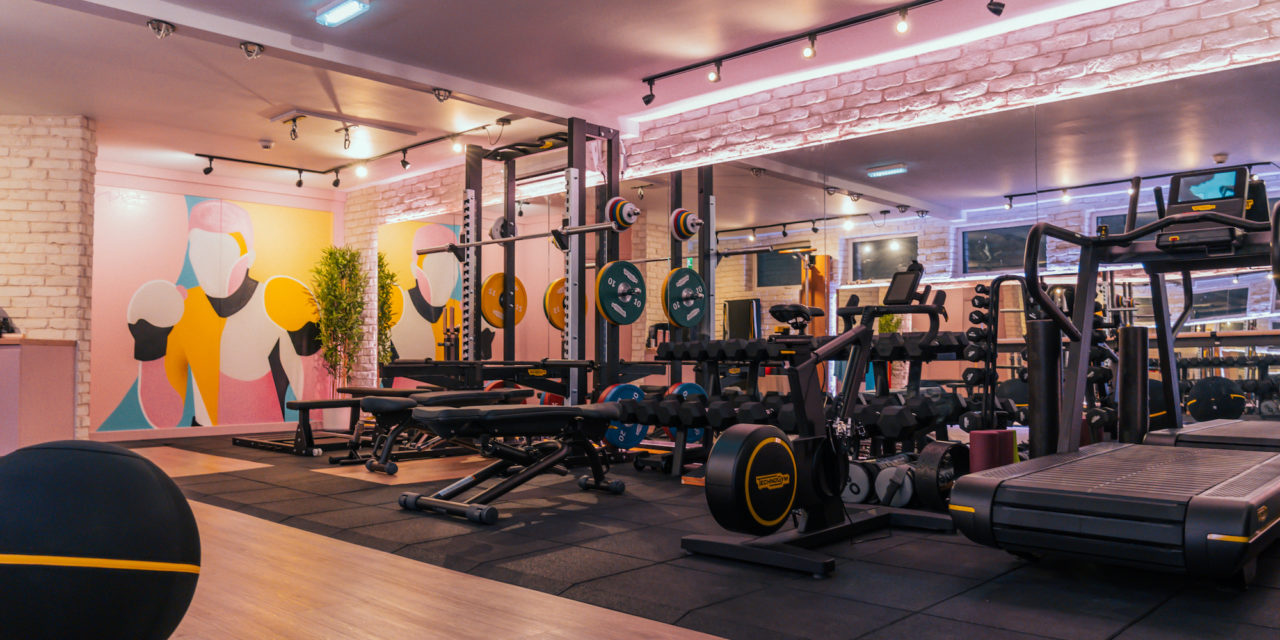Morgan Beilby, managing director of Thames Tap member Velvaere Studios, spells out how wellness in the workplace has risen up the property agenda.
What is workplace wellness?
The health, safety and wellbeing of an employer’s workforce is embedded in employment law and has evolved to encompass mental and physical health considerations.
From the visionaries such as Rowntree, Cadbury and Lever to the hybrid workplace of today, organisations have developed policies to support and promote healthy behaviours among employees and improve health outcomes.
Workplace wellness or corporate wellbeing is one of the fastest growing markets in the world and understanding it is crucial for both landlords and employers as it presents opportunities and challenges.
How can commercial landlords benefit?
The shift from space as a product to a service has been accelerated since the pandemic and tenants are increasingly looking for buildings that offer tangible benefits to encourage staff to take the commute and support productivity by offering a healthy working environment, foster community and provide flexibility.
Shared facilities such as multi-functional rooms which can accommodate a pilates or gym session with storage and equipment, as well as a town hall meeting or a client function immediately tick the boxes for occupiers. With the competition for the best talent showing no signs of abating, employers will need all angles available to attract staff and a workplace that supports health and wellbeing.
Landlords need to focus on the core services within the building such as hospitality level washroom facilities that have showers and changing rooms, drying rooms for clothes, dry and secure cycle storage all fitted to a level that considers the users’ requirements.
The lettings market has moved significantly over the last five years and Cat A plus or fitted suites are filling the gap between the serviced office providers and traditional Cat A space. Flexible leases and a different approach to traditional lease arrangements have been driven by the new breed of tenant occupier and has given landlords the opportunity to differentiate their offer.
Creativity can flourish and the leading landlords are engaging their designers to focus on amenities that support healthy buildings.
Campus Reading International at J11 of the M4 offers 37,000 sq ft of wellness focused workspace and has a state-of-the-art fitness facility as a key component in a best-in-class offer. The gym occupies a prominent front- of- house position and is supported by wellness studios for scheduled classes.
Staff are more likely to travel to the office if they can accommodate their work, collaboration and leisure in one location and achieve their work/life balance. Landlords that consider the challenges that tenants face in the fight for the best talent, staff retention and hybrid working practices will put their offices top of the list when searching for new premises.
How can workplace wellness be implemented?
Less than 50 per cent of UK employers have a wellbeing strategy in place and very few have a true understanding and a tangible action plan of how to implement one. Finding a building where the landlord has provided facilities is a good start.
An on-site gym was once considered a luxury but leading employers are now installing boutique level fitted-out studios. Staff recognise and value the high-quality commercial quality equipment and the setting up of a professionally designed facility.
Global online retailer ASOS created The Basement at its 120,000 sq ft office in Leavesden, Hertfordshire for its 1000 + customer care employees. This boutique-look wellness centre with state-of-the-art gym, treatment and recovery rooms, along with studios for spin, pilates and yoga classes, provides staff with an in-house facility equal to any private club.
Fitness apparel brand Gymshark has installed within its head offices an impressive range of people focused facilities that include a state-of-the art fitness facility, outdoor workout yard, running track, a 100-seat auditorium, photo and recording studios, health bar, cinema, VR enclosure, yoga studios, sleep pods and even an MMA training room.
How can spare office space be utilised for wellness?
A healthy working environment can be created by offering a variety of flexible spaces which enable staff to step away and recharge. Having specific spaces dedicated to, rest, sleep, recovery, meditation, prayer or exercise should be thought about and designed properly with acoustics, smell temperature, fresh air, music and specialist equipment all considered to offer the best environment.
Flexible working patterns that have been increasingly adopted since the pandemic have led to a reassessment of space needed and freed up space for alternative uses that foster wellbeing and productivity. A company can clearly demonstrate its core values and ESG credentials in a tangible way by dedicating office space to workplace wellness. Organisations can stand out when they genuinely embrace the psychological and physical fulfilment of their employees and therefore attract and retain the best talent.
Corporate wellness isn’t a fad and is worth over £3 billion in the UK. The British Council of Offices have recently updated its Guide To Specification document which outlines wellness as a serious concept with serious potential. The property industry has an opportunity to embrace this and to implement real solutions through its designers and to be open to original thinking and commitment.
For expert advice on implementing wellness in your buildings, the team at Velvaere Studios will be more than happy to help.
Image shows a project in Chelsea, completed by Velvaere Studios.
© Thames Tap (powered by ukpropertyforums.com).
Sign up to receive your free weekly Thames Tap journal here.

















